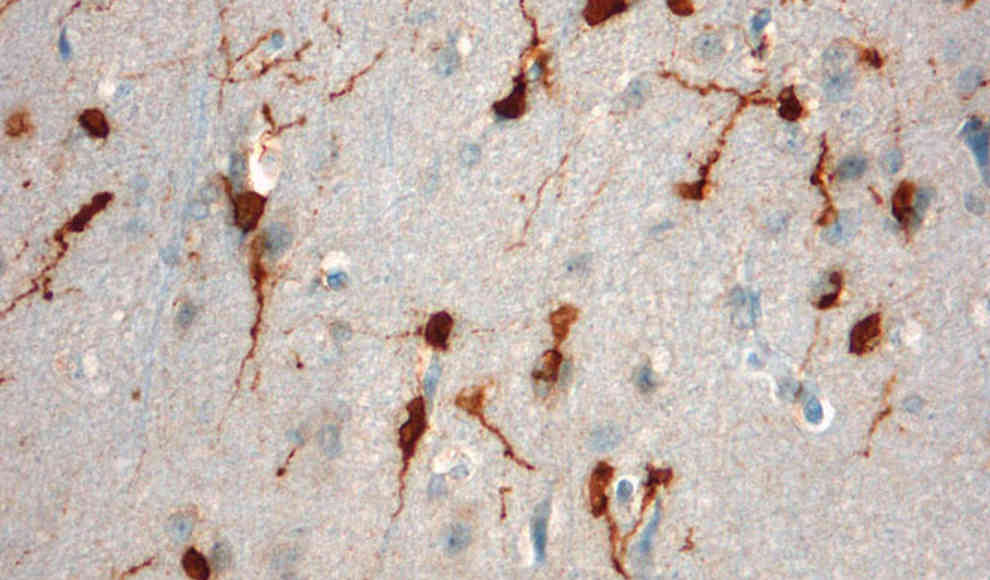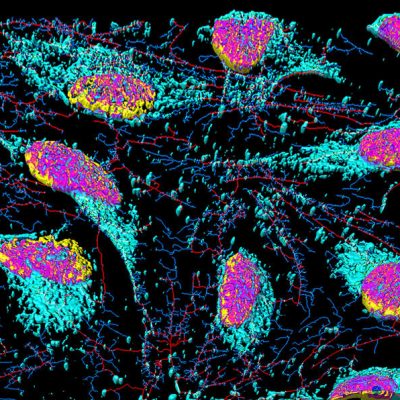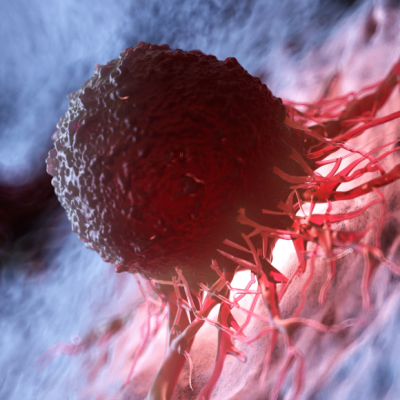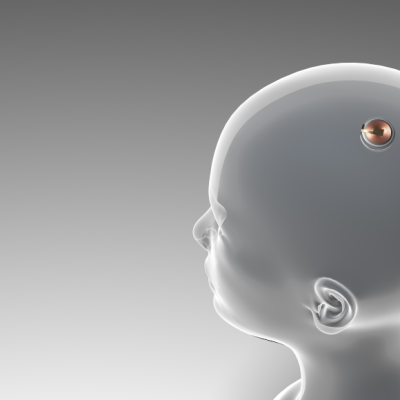Heidelberg Cancer Researchers Develop Vaccine Against Brain Tumors
Brain tumors, specifically gliomas, are malignant and incurable, affecting hundreds of thousands of people annually, with a similar number dying from the disease. In most cases, life expectancy is less than a year, and the tumor often leads to a rapid death. However, Heidelberg cancer researchers have developed a vaccine that stopped tumor growth in mice, and they are confident that it will work in humans. The University Hospital Heidelberg is planning a clinical trial, and the vaccine could be tested on humans soon.
Tumor vaccines are only possible when the protein structure of tumor cells differs from that of healthy cells. In the case of gliomas, mutated support cells of the central nervous system, researchers discovered that in most cases, the same mutation occurs. The enzyme isocitrate dehydrogenase (IDH1) is altered at a specific location, making the cancer cell mutation highly specific and ideal for immunologists. No other tumor type shows the same specific mutation as frequently as gliomas. The altered protein is present in all cells of a tumor, meaning that a vaccine against the mutated IDH1 would make a large portion of gliomas immune, according to Michael Platten of the University Hospital Heidelberg.
The researchers created a peptide that contained the specific mutation of IDH1 and was compatible with MHC molecules responsible for immune reactions in the human body. After injecting the peptide, antibodies formed, and tumor growth stopped within a short time. The healthy, non-mutated IDH1 cells remained unharmed. To ensure that the method works in humans, the researchers implanted human MHC molecules into the mice beforehand. The study was published in the journal Nature, and the ultimate goal is to create immunity against cancer cells.
In conclusion, the Heidelberg cancer researchers have developed a vaccine against gliomas, a malignant and incurable brain tumor. The vaccine stopped tumor growth in mice, and the University Hospital Heidelberg is planning a clinical trial to test the vaccine on humans. The researchers discovered that the same mutation occurs in most cases of gliomas, making the cancer cell mutation highly specific and ideal for immunologists. The ultimate goal is to create immunity against cancer cells, and the researchers are confident that the vaccine will work in humans.










